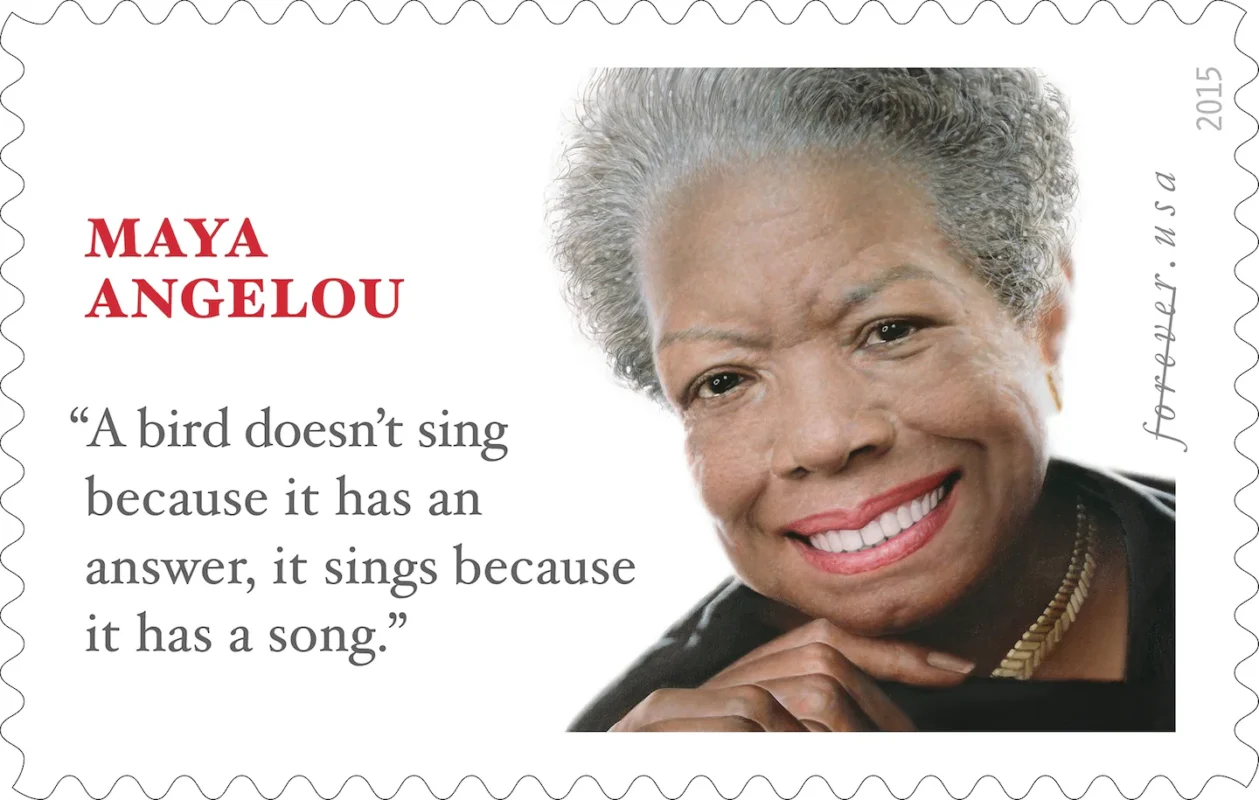Grief Support, Healing and Wellness
Healing After Loss: Learning Through Empathy, Love, and Storytelling
Maya Angelou (1928–2014) was more than a poet. She was a memoirist, singer, dancer, teacher, and civil rights activist whose voice carried across generations. Through her writing and her life, she revealed how resilience, empathy, and love could transform even the deepest pain into growth. Her first autobiography, I Know Why the Caged Bird Sings, remains a landmark in literature because it showed the world how telling one’s story is both an act of survival and a pathway to healing.
Angelou often taught that healing is not about erasing loss, but about finding strength within it. She believed in the power of empathy and storytelling to help people endure life’s hardest seasons. Her insights can guide us in one of the most tender experiences many of us face—the loss of a beloved animal companion.
The Importance of Story
“There is no greater agony than bearing an untold story inside you.” – Maya Angelou
After a loss, our lives are filled with untold stories. We remember the way they greeted us at the door, the quiet comfort they offered on hard days, and the small quirks that made them unmistakably themselves. These memories, when left unspoken, can weigh heavily on us.
Angelou knew that telling our stories is not only a way to honor the ones we love—it is also a way to unburden ourselves. This is echoed in narrative therapy, a practice in modern psychology that encourages people to “re-author” their experiences by telling and sharing their stories. Angelou anticipated this truth long before it became a clinical approach: stories are medicine.
Empathy as a Healing Practice
“I think we all have empathy. We may not have enough courage to display it.” – Maya Angelou
Empathy is what our animals gave us naturally. They never asked us to explain our feelings; they simply stayed by our side. In grief, we are called to extend that same gift to ourselves and to others.
Angelou’s teaching reminds us that empathy requires courage. It means admitting the depth of our sadness, allowing others to witness it, and choosing to sit with those who are grieving without trying to fix what cannot be fixed. Empathy becomes a shared language of healing.
Love That Outlives Loss
“Love recognizes no barriers. It jumps hurdles, leaps fences, penetrates walls to arrive at its destination full of hope.” – Maya Angelou
Love is the one thing loss cannot take away. The bond we shared with a beloved family member continues even after their physical presence is gone. Every story we tell, every ritual we carry forward, every smile that comes when we remember them is proof that love has outlasted loss.
Angelou saw love as transformative, capable of breaking through the walls of grief. By recognizing that love continues, we allow ourselves to begin living with our loss instead of against it.
Healing as a Journey, Not a Finish Line
“We delight in the beauty of the butterfly, but rarely admit the changes it has gone through to achieve that beauty.” – Maya Angelou
Grief is a process of transformation. Healing doesn’t mean “moving on” or forgetting—it means being changed by what we’ve lived through. Just as the butterfly is shaped by its transformation, we too are reshaped by loss.
Angelou’s words remind us that there is beauty in change, even if it is painful. Healing is not about erasing grief, but about integrating it into our lives in a way that allows us to keep moving forward.
Learning From Maya’s Approach
Maya Angelou’s wisdom offers us an educational and deeply human framework for healing after loss:
- Tell the story – Speak, write, or share the memories so they do not remain untold.
- Practice empathy – With yourself and with others, even when it feels vulnerable.
- Trust love’s endurance – Recognize that the bond you shared continues in new forms.
- Accept transformation – Understand that healing reshapes us; we emerge changed.
Grief is a teacher. It reminds us of the power of empathy, the necessity of storytelling, and the endurance of love. By leaning into Maya Angelou’s wisdom, we can walk through loss with courage, carrying forward not just the pain of absence, but the profound lessons of love and loyalty that remain.

